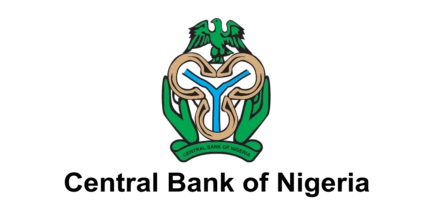
Nigeria Embraces Crypto Firms as Central Bank Lifts Ban
Nigeria has recently made a significant move in the world of cryptocurrencies, lifting its ban on crypto trading and signaling a more progressive approach to the digital asset industry. The Central Bank of Nigeria (CBN) has issued new guidelines that allow crypto firms access to bank accounts, marking a pivotal moment for the country’s fintech landscape.
After imposing a ban on cryptocurrency in 2021, the CBN has now taken a more inclusive stance. The new regulations set forth by the central bank require crypto firms to adhere to strict rules, including the need for proper licensing, KYC (know your customer) processes, and strong anti-money laundering measures. These measures aim to create a more secure and transparent environment for crypto transactions, mitigating the risks associated with illegal activities.
The lifting of the ban allows crypto firms to once again operate with Nigerian banks, enabling them to transact more freely and efficiently. This decision not only benefits the crypto industry but also opens up new avenues for collaboration between traditional financial institutions and emerging fintech players. By embracing the potential of cryptocurrencies, Nigerian banks can tap into a growing customer base and foster innovation within their own operations.
One notable player in Nigeria’s crypto space, Yellow Card, has already begun preparing for a surge in demand following the ban’s lift. Yellow Card, a cryptocurrency exchange, has experienced significant growth in recent years and is optimistic about the future. The company has expanded its operations across Africa and aims to provide easy access to crypto for the unbanked population. With the regulatory landscape becoming more favorable, Yellow Card and similar platforms can play a crucial role in driving cryptocurrency adoption in Nigeria.
The decision to lift the ban on crypto trading aligns with Nigeria’s broader goals of economic empowerment and financial inclusion. With a large unbanked population and limited access to traditional financial services, cryptocurrencies present an opportunity to bridge the gap and provide financial services to underserved communities. By leveraging blockchain technology, Nigerians can now have access to a wider range of financial products and services, including remittances, investments, and access to global markets.





